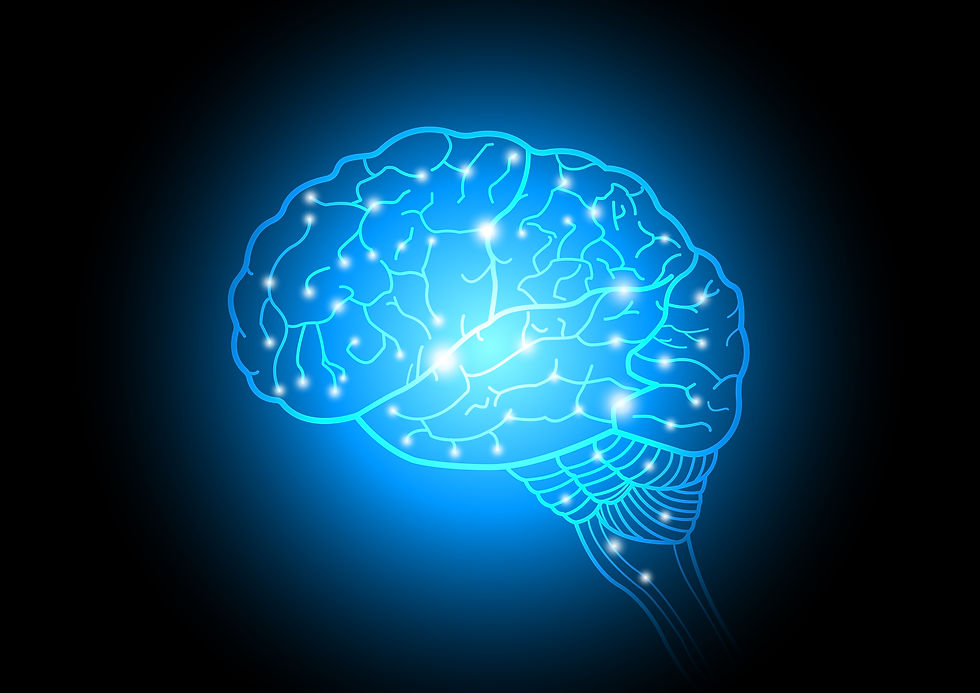Why you might consider a “Dry July”
- Andrew Stephenson
- Jul 6, 2022
- 3 min read
I enjoy a drink to unwind or in social situations as much as many other people, but I also have a healthy respect for what alcohol can do to my body, and as such, embrace periods of non-consumption.
For some, this past holiday weekend may have been a little indulgent. Despite already being a few days into July, it’s not too late to think about making the remainder of the month a “Dry July”.
I’ve borrowed this term from an Australian foundation that promotes Dry July as event and challenge to raise money for those affected by cancer. You can check out it’s origins and information about the work they do here.
Despite its Aussie roots, there’s no reason it can’t be embraced wherever you may be.
Here’s a little bit of info about what alcohol does to your body, and a couple of specific reasons why you might consider taking a break – either short or long-term.
1. Sleep
Many people think alcohol helps them sleep. This is a misunderstanding. Alcohol is a depressant, and yes, in the short-term, it can initially make you feel sleepy or help you fall asleep quicker; however, it is more disruptive to sleep later in the night. During the night, your body goes through a number of sleep phases – each of which has a very specific purpose and contributes to key functions like immunity, memory and brain function, cell repair and body maintenance. When you have alcohol in your system, it specifically disrupts the REM (Rapid Eye Movement) phase of your sleep cycle. You’ll likely experience a more restless sleep and not feel as well restored the following day. Everyone seems to be exhausted all the time as it is, why exacerbate that by knowingly disrupting your sleep quality?
2. Core Health Functions
Alcohol consumption is known to weaken your immune system. It can also cause changes in blood pressure and potentially increase triglycerides, both of which are key markers of cardiovascular health. More recently, there are associations with impaired brain and memory function. Perhaps these are related to the poor sleep that alcohol induces, or perhaps there are other mechanisms. Either way, alcohol can impact many elements of our short and long-term health with the impacts often more significant with higher levels of intake.
3. GI and Inflammation Issues
I haven’t collected empirical data, but from most anecdotal and general media sources, the number of Americans suffering from digestive issues is rising. There are most likely a combination of factors including diet, stress, fatigue, and inflammation as well as our population’s high use of medications. But for anyone who does experience GI issues, you may be interested to know that alcohol can also contribute. Alcohol can irritate GI tissues and contribute to both gut and systemic inflammation. It can also alter or disrupt the balance of your microbiome and can contribute to bloating and other GI distress.
Summer is a traditional time to take a vacation, hit the beach, do some grilling, go camping, or just get together with your friends and family. Often, alcohol tags along for the ride. But recognizing that so many of us are, or have been struggling with managing our stress, fatigue, and health in the wake of the pandemic, perhaps you might see a benefit to enjoying some time this summer without alcohol. You can still have plenty of fun, and just maybe, you might feel a little better while doing so.
HBD provides the industry's best total population workplace health and wellbeing programs. We create programs for the real world, integrated into your workflow to more naturally engage your employees, providing relevan
t and progressive health education. From general wellness to mental health and ergonomics, we can create comprehensive health solutions or targeted interventions. If you want to experience the benefits of a healthier and more engaged workforce, then get in touch with us today.





Comments